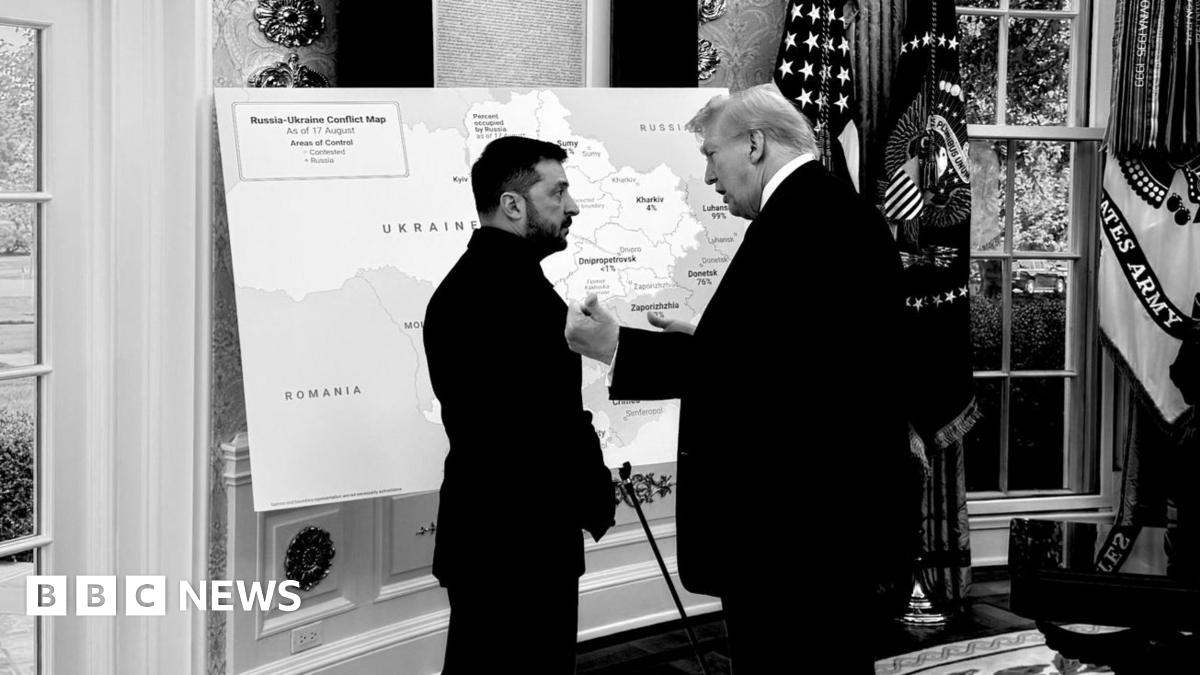Indonesia Faces Water Crisis: Reservoirs Dwindle, Restrictions Loom for Farmers & Businesses

Indonesia Faces Mounting Water Crisis as Reservoirs Run Dry
Indonesia is grappling with a severe water scarcity crisis as key reservoirs continue to deplete, even after recent periods of heavy rainfall. This alarming situation is poised to impact farmers and businesses, with authorities warning of impending restrictions on water extraction from rivers across the nation. The dwindling water levels are raising serious concerns about agricultural yields, industrial production, and the overall economic stability of affected regions.
The Severity of the Situation
Despite the recent downpours, which offered a brief respite from the prolonged dry season, reservoir levels remain critically low. Data from the Ministry of Public Works indicates that several major reservoirs are operating well below their optimal capacity. This is attributed to a combination of factors, including prolonged drought conditions, increased water demand due to population growth and industrial expansion, and inefficient water management practices.
Impact on Agriculture
The agricultural sector is particularly vulnerable to this water crisis. Farmers, especially those reliant on irrigation from rivers and reservoirs, face significant challenges in maintaining crop production. Restrictions on water extraction will likely lead to reduced yields, impacting food security and the livelihoods of countless farmers. Rice, a staple food in Indonesia, is expected to be heavily affected, potentially driving up prices and impacting consumer affordability.
Businesses at Risk
Industries that depend on a reliable water supply, such as manufacturing, food processing, and energy production, are also at risk. Water restrictions could force companies to scale back operations, leading to reduced output, job losses, and economic losses. Businesses may be compelled to invest in alternative water sources, such as groundwater or treated wastewater, which can be costly and time-consuming.
Government Response and Potential Restrictions
The government is acutely aware of the severity of the situation and is exploring various measures to mitigate the impact of the water crisis. These include:
- Water Rationing: Implementing strict water rationing policies for both agricultural and industrial users.
- Public Awareness Campaigns: Launching public awareness campaigns to promote water conservation and responsible water usage.
- Infrastructure Development: Investing in infrastructure projects to improve water storage, distribution, and efficiency. This includes building new reservoirs, repairing existing ones, and upgrading irrigation systems.
- Rainwater Harvesting: Encouraging rainwater harvesting at the household and community levels.
- Exploration of Alternative Water Sources: Promoting the use of treated wastewater and desalination technologies.
The specific details of the water restrictions are still being finalized, but authorities have warned that they will be necessary to ensure equitable access to water and prevent further depletion of reservoirs.
Looking Ahead
The current water crisis highlights the urgent need for sustainable water management practices in Indonesia. Addressing this challenge requires a collaborative effort involving the government, businesses, farmers, and the public. Investing in water infrastructure, promoting water conservation, and implementing effective water policies are crucial steps towards ensuring water security for future generations. Failure to act decisively could lead to more frequent and severe water crises, with devastating consequences for the Indonesian economy and society.






